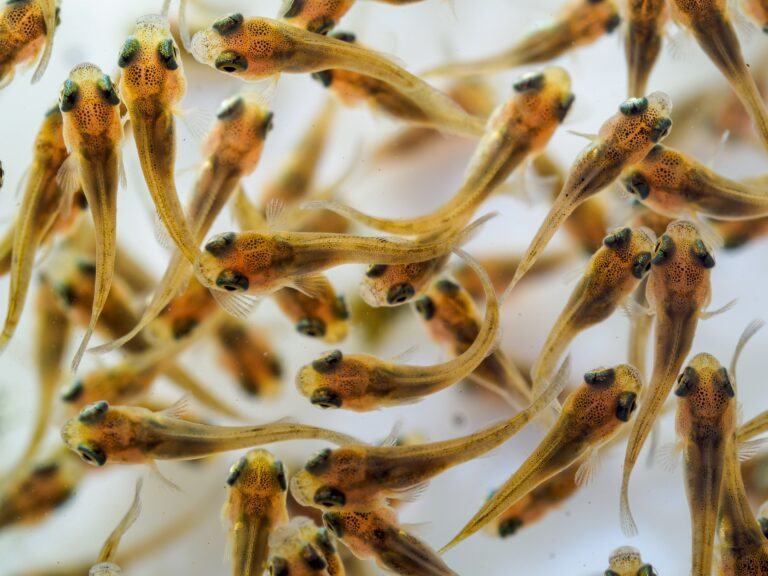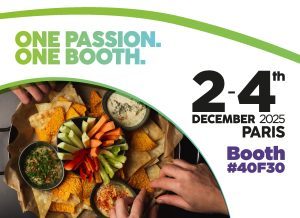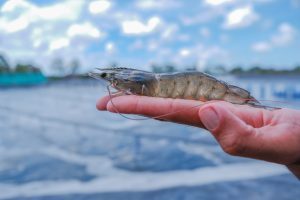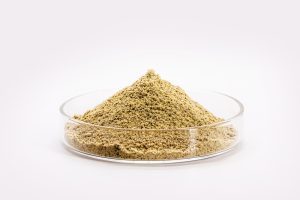The exponential growth of the world population increased consumers’ demand for high-quality food.
In 2022, fisheries and aquaculture production reached an all-time high of 223.2 million MT, with a record value of around USD 472 billion and an estimated contribution of 20.7 kg of aquatic animal food per capita, according to the report “The State of World Fisheries and Aquaculture 2024”, published by FAO.¹ Aquatic animal foods account for approximately 15% of all animal proteins consumed by the global population and may exceed 50% in several countries in Asia and Africa.
Therefore, intensive production systems are essential, which, however, are stressful environments and demand careful management to maintain production levels and support animal health.
The environment of intensive production systems can be stressful to fish, and appropriate management is required to maintain optimal fish productivity and health.
In addition, farmers are under pressure as consumers demand antibiotic-free production and, at the same time, safe and good-quality animal proteins.
TILAPIA BREEDING SEASON
In Brazil, producers start preparing tilapia broodstock for the breeding season in July. During this critical period, adequate nutrition is required to promote broodstock health and fertility, indicated by high female egg production and male sperm viability. Careful broodstock nutrition is essential to support the healthy development of their gametes and future larvae, fingerlings, and juveniles.
Scientific evidence has shown that adequate nutrition promotes a higher gonadosomatic index of male tilapia breeders, associated with a higher number of sperm with no DNA damage when fish are fed nucleotides. The gonadosomatic index is a marker of sexual maturity in fish, determined by gametogenesis progression and germinal epithelium proliferation.
Sexual maturity is a nutritionally intensive period, increasing Nile tilapia broodstock’s nutritional requirements for cell multiplication and tissue repair. Feeding nucleotides improves sperm nuclear chromatin integrity in sperm, possibly through a process known as Nucleotide Excision Repair (NER). One of the critical functions of nucleotides in the body is to repair damaged DNA.2
THE IMPORTANCE OF FINGERLINGS AND JUVENILES
Fingerlings and juveniles are essential for the continuous production in aquaculture. If their availability is reduced, overall fish production may significantly drop. Therefore, appropriate management strategies and balanced feeding practices, such as the supply of broodstock-specific diets, are required to ensure the supply of fish’s nutritional requirements. Proper nutrition strengthens fingerling natural defenses and promotes healthy growth even in a potentially stressful environment.
Tilapia reproduction is a complex process that requires careful planning and effective management. Producers can apply the correct strategies to ensure their fish’s health and productivity, contributing to global food security.
HOW AND WHY TO INCLUDE NUCLEOTIDES IN FISH NUTRITION
Under stressful conditions, such as during infections or rapid growth stages, nucleotide de novo synthesis may be limited; therefore, nucleotides are considered conditionally essential.
Nucleotides are precursors of nucleic acids (DNA and RNA), consisting of a nitrogenous base, a sugar (e.g., deoxyribose in the case of DNA or ribose in the case of RNA), and at least one phosphate group.
Considering the challenges of today’s aquaculture, nucleotides have frequently been included in the formulation of functional diets, as they are economically attractive in terms of cost-effectiveness because they increase the return on investment and are environmentally friendly.
Dietary nucleotides are essential for animal development, particularly during rearing (fingerlings and juveniles). They promote:
- Better reproductive performance and larval quality;
- Stronger resistance to stress and health challenges;
- Better gut morphology and gut microbiota balance in fish and shrimp.
“Brazil is the 4th largest global producer of Nile tilapia. The main reasons for Brazilian production efficiency are locally adapted genetics, climatic conditions, water and high-quality feed availability, and skilled labor. However, the broodstock still needs further attention, including developing specific diets for this category. In this context, nucleotides, fatty acids, vitamins, and minerals play a crucial role in breeding. The academia and the industry should work together and continuously invest in research to ensure greater reproductive success,” says João Koch, Global Technical Manager at Biorigin.
Do you wish to increase the profitability and improve the breeding parameters of your operation?
BIOTIDE EXTRA: BIORIGIN’S DIETARY NUCLEOTIDES
Biorigin’s Biotide Extra, derived from the yeast Saccharomyces cerevisiae, is a rich source of dietary nucleotides (RNA), essential in broodstock and growing fish diets. This product plays a crucial role in aquaculture, as it acts on cell multiplication, ensuring superior performance and enabling fish to thrive even in adverse conditions.
The main benefits of our product are:
- It promotes cell turnover and growth;
- It maintains gut integrity and health;
- It strengthens natural defenses;
- Synergistic effect with beta-glucans.
Moreover, Biotide Extra strengthens the immune system, increasing fish’s disease resistance. That is especially important during the breeding season when fish are more vulnerable to infections and stress due to constant handling.
Producers that choose Biotide Extra also obtain an excellent cost-benefit ratio:
| HIGHER RETURN ON INVESTMENT WITH BIOTIDE EXTRA | Biotide Extra boosts live performance |
|
|
| *Results obtained under health challenge. Further information is available upon request. | *Compared with a control group. Further information is available upon request. |
Click here to request a product sample.
BIORIGIN
For more than 20 years, Biorigin has applied its knowledge and experience in biotechnology to make the best of the yeast fermentation process and develop the best solutions for fish and shrimp nutrition and performance.
For further information on Biorigin and our yeasts and yeast extracts, visit our website.
References:
¹ A situação da pesca e da aquicultura no mundo – Food and Agriculture Organization (FAO, em português, Organização das Nações Unidas para a Alimentação e a Agricultura) – 2024
2 JULIANO KELVIN DOS SANTOS HENRIQUES, M.Sc. thesis, Universidade Estadual do Oeste do Paraná, Brazil References upon request.








